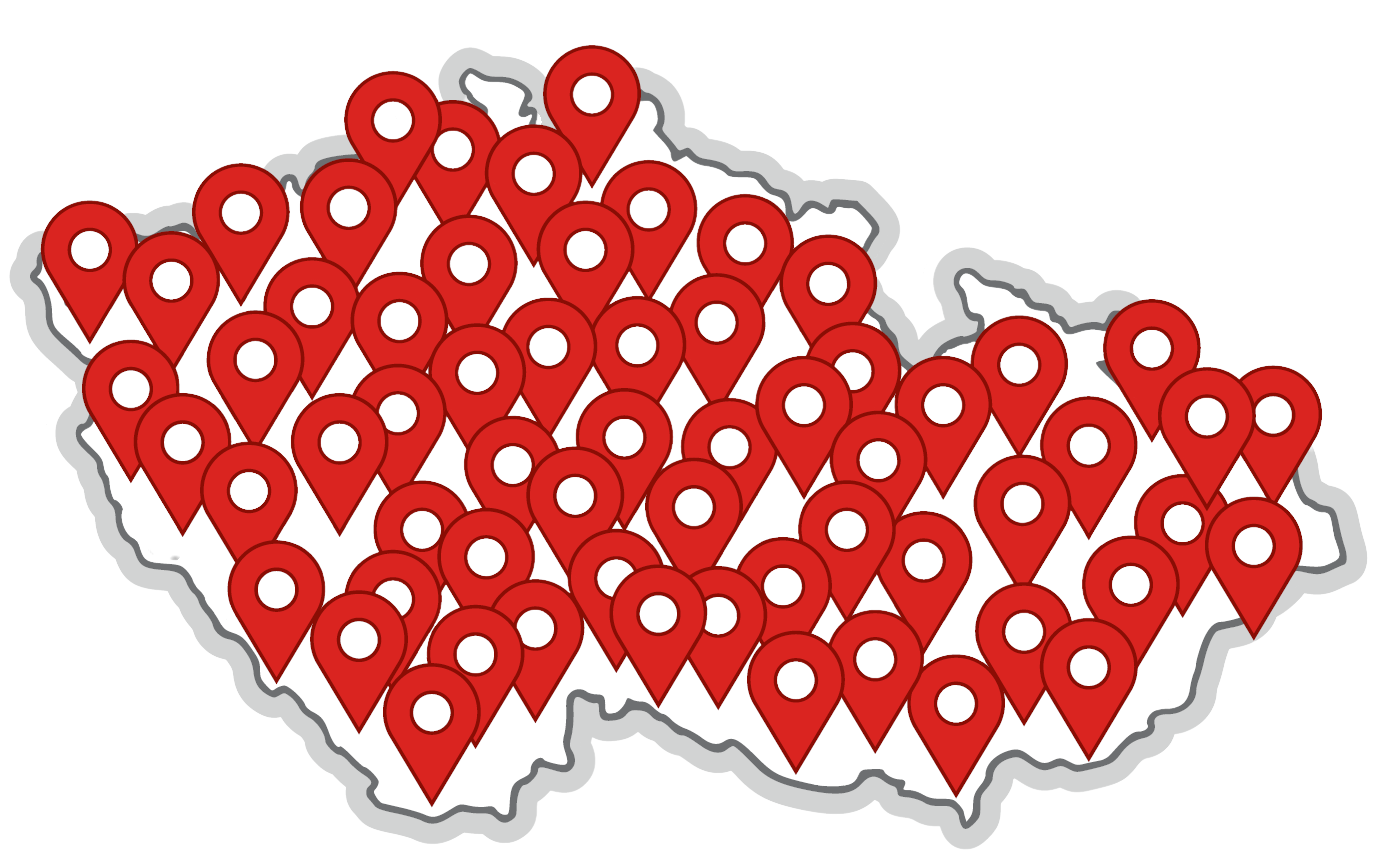Critical Infrastructure Backup
Power outage doesn’t just mean darkness – it can cripple an entire household, company, or municipal system. Electricity loss often leads to halted production, IT system failures, water or heat unavailability, and disrupted security systems.
Without a reliable backup solution, you become dependent on uncontrollable circumstances. The BESS battery system ensures all critical systems stay operational – instantly, silently, and without intervention.
Where is backup power essential?
In your home
- Fridge, freezer
- Water (well, pump, boiler)
- Heat pumps, boilers
We often realize their importance only when they stop working.

In a business
- Servers and IT systems
- Key operational machinery
- Security (alarms, fire systems)
- Ventilation systems
- Lighting (e.g., underground garages)
In a business environment, anything critical to operations or commerce is essential.

In cities, towns, or regions
- Drinking water (treatment, distribution)
- Wastewater (treatment plants)
- Fuel stations
- Communication systems (radio, phone)
- Monitoring and rescue systems
- District heating
Experience from the pandemic highlights how unprepared some parts of public infrastructure are for unexpected situations.

How to back up properly?
The right backup solution meets the following criteria:
- Uses industrial-grade UPS or hybrid inverters rated for continuous operation between -15 °C and +45 °C. Consumer UPS units for homes and offices are not suitable.
- Uses industrial batteries without self-discharge issues, capable of delivering high currents. Not a starter lead-acid car battery.
- Operates fully autonomously without relying on external communication or human intervention. During a blackout, GSM or remote internet control may be unavailable. Human operators may also be too occupied to manually intervene – no cable switching, generator starting, or fuel refilling should be required.
How much energy to back up?
The answer depends on how long you need to operate during a full outage and which devices must run in that period.
Economically, this leads to determining the battery capacity needed and whether to include a fossil-fuel generator. Batteries can bridge the delay before generators start, or you can choose to back up only a select few devices and size capacity for, say, 24 hours.
Batteries can be fully tailored to your needs.
Your battery investment can also support solar power or other smart strategies to improve ROI.
